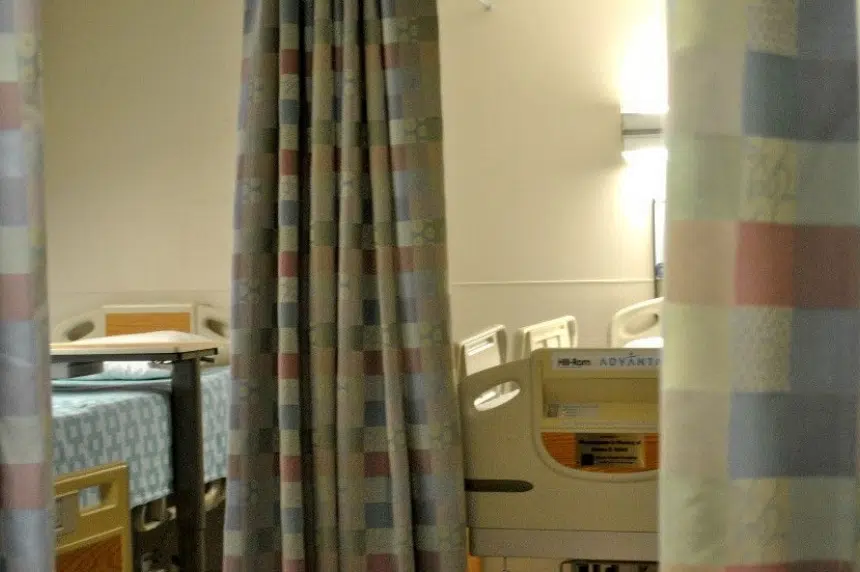It seems like everyone’s kids are sick these days and in Saskatchewan, numbers certainly are up.
Dr. Athena McConnell, a pediatric and infectious diseases physician and interim provincial department head for pediatrics with the Saskatchewan Health Authority, said the respiratory season — encompassing respiratory illnesses including influenza — is worse this year.
She said it’s worse than the last two seasons that happened during the pandemic, but also the last “normal” season in 2019.
Part of the reason the seasons during the pandemic weren’t as bad is because there were public health measures in place.
“All of those measures that we took to reduce the risk of getting COVID and to reduce the risk of getting bad COVID actually work just for respiratory viruses period,” said McConnell.
The doctor said there could be a whole host of immunity reasons or social reasons it’s worse than in 2019.
“I don’t know whether we have a complete understanding yet as to why we’re having a worse respiratory season when we compare it from pre-COVID to today,” she explained.
The health authority was expecting a worse season given that’s what was seen in the southern hemisphere, which had its season earlier.
“What I think is unexpected this year is the volume of children that is coming in,” said McConnell.
She said Australia saw a big uptick in emergency volumes during its season, and now in Saskatchewan, more children are coming in with respiratory illnesses and more are needing to be admitted to hospital.
Because the province’s hospitals are already strained from a shortage of staff and COVID patients, McConnell said the authority has had to get creative to find the beds — and workers to staff those beds.
“We are having to be looking at our processes to figure out efficiencies,” said McConnell.
But the doctor also said the SHA wouldn’t turn anyone away who needs a hospital bed.
McConnell said there could be other factors contributing to more kids seeking care, including the shortage of liquid Tylenol and Advil for children.
“Some of what we’re seeing in emergency may actually be due to things that are outside the scope of just a bad respiratory season and more severe illness. There could actually be other things that are playing into that,” said McConnell.
Because beds are at a premium in hospitals, McConnell said the messaging has to be very consistent when it comes to urging people to get their flu shot and COVID-19 booster.
“That’s going to be important this respiratory season probably more than ever,” said McConnell. “Every person who gets immunized against influenza and COVID has an impact on the health-care system.”
She’s also encouraging people to stay home when they’re sick and keep their kids home when sick. That also has an impact on the health-care system because it prevents others from getting sick.
While other jurisdictions in Canada are talking about an increase of respiratory syncytial virus (RSV) — which can be particularly harmful to young children — in Saskatchewan, McConnell said it’s not clear which of the big respiratory illnesses is causing the most problems.
“We don’t test everyone because we don’t have anything to offer for respiratory illnesses for the most part except for supportive measures,” said McConnell.
McConnell said doctors don’t test unless there’s something about the patient’s situation that would require a doctor to know which virus they had.
According to the latest numbers released on Thursday, rhinovirus was the most common illness found in sentinel testing. Influenza cases more than doubled in the last two weeks, while COVID cases dropped slightly and RSV cases stayed steady.







